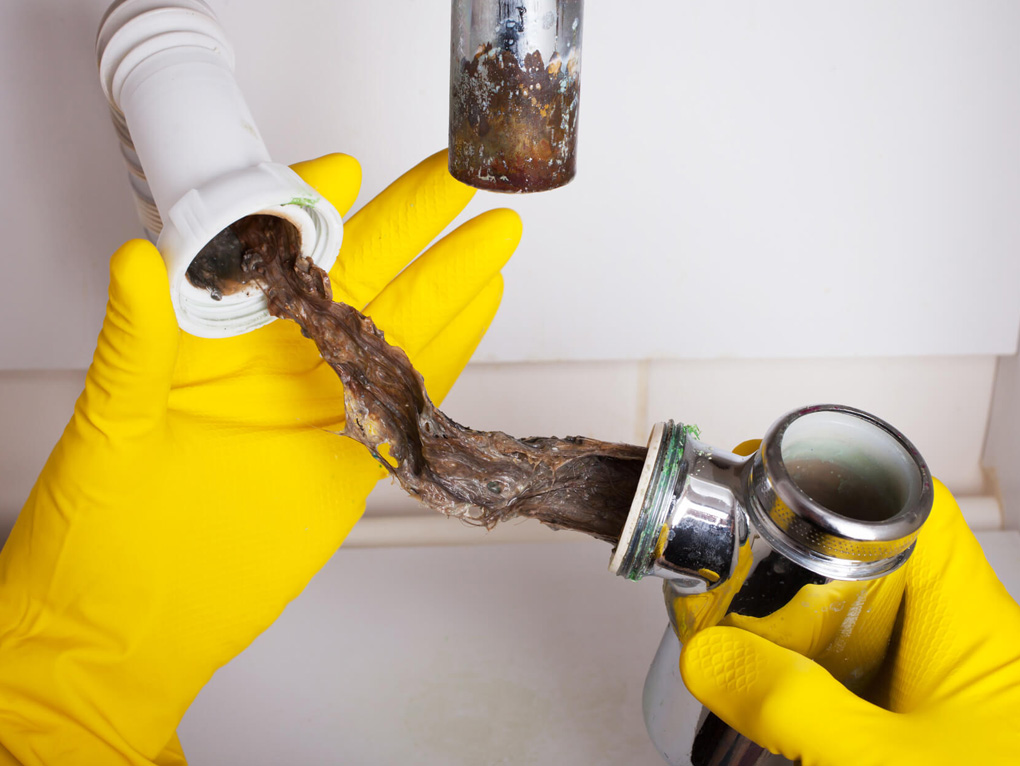

Proper Waste Disposal to Avoid Clogged Drains: The Ultimate Guide
You’re washing dishes, enjoying the soothing rhythm of water flowing down the sink, only to notice that the water isn’t draining as it should. The sink fills up, and a nasty odour creeps into the kitchen—it’s the unmistakable sign of a blocked drain. Clogged drains are not only inconvenient but can also lead to costly repairs and unpleasant smells.
The good news? You can prevent most of these problems with proper waste disposal practices. In this guide, we’ll explore the best ways to dispose of waste and keep your drains clear, saving you from the hassle of blocked drains in Sydney and beyond.
Understanding the Importance of Proper Waste Disposal
Proper waste disposal is not just about keeping your home tidy; it’s about maintaining a functional plumbing system and protecting the environment. Throwing the wrong items down your drains, such as fats, oils, and grease (FOG), food scraps, or non-flushable wipes, can lead to severe clogs, slow drainage, and even damage to the entire sewage system.
In cities like Sydney, blocked drains are a common issue, often caused by improper waste disposal that overwhelms plumbing systems.
By understanding what you can and cannot dispose of down the sink or toilet, you can help prevent blocked drains and keep your home’s plumbing running smoothly.
Common Mistakes in Waste Disposal That Lead to Clogged Drains
- Pouring Grease and Oil Down the Sink
Fats, oils, and grease might be liquid when hot, but as they cool, they solidify and cling to the inner walls of your pipes. Over time, these deposits build up, leading to severe blockages. This is a major cause of clogged drains and can result in costly plumbing repairs if not addressed.
How to Dispose Properly: Allow grease and oil to cool, then scrape it into a sealed container and dispose of it in the bin. You can also use paper towels to wipe greasy pans before washing. - Flushing Non-Flushable Items
Toilets are designed to handle human waste and toilet paper—nothing more. Flushing items like wet wipes, cotton pads, sanitary products, or paper towels can quickly lead to blockages, even if they are marketed as “flushable.” These materials don’t break down easily and can clog pipes, causing backups and overflows.
How to Dispose Properly: Always dispose of wipes, sanitary products, and other non-flushable items in the rubbish bin. Keep a small bin in the bathroom to make this an easy habit. - Rinsing Food Scraps Down the Sink
Leftover food, coffee grounds, and eggshells are often rinsed down the sink without a second thought. However, these items can accumulate in your pipes, trapping other debris and leading to blockages. This is particularly problematic in homes without garbage disposal units.
How to Dispose Properly: Scrape food scraps into the compost bin or rubbish before washing dishes. Consider using a sink strainer to catch any stray bits of food. - Misusing Garbage Disposals
Even with a garbage disposal, some items should never be rinsed down the drain, including fibrous vegetables, potato peels, and pasta. These materials can get tangled in the blades or swell with water, clogging the pipes further down the line.
How to Dispose Properly: Use your garbage disposal sparingly and avoid putting starchy or fibrous foods down the drain. Always run cold water while using the disposal to help flush waste through. - Improper Disposal of Household Chemicals
Pouring paint, solvents, or harsh chemicals down the drain can damage your pipes and the environment. These substances can also interact with other waste in your pipes, creating harmful blockages.
How to Dispose Properly: Dispose of hazardous chemicals at designated disposal centres. Many councils in Sydney offer collection services for these materials to prevent environmental harm and blocked drains.
Tips for Preventing Blocked Drains in Sydney
- Install Drain Guards: Simple drain guards or strainers can catch hair, food scraps, and other debris before they enter your plumbing system. Regularly clean these guards to maintain their effectiveness.
- Conduct Regular Cleaning: Regularly clean your drains using a mixture of hot water, vinegar, and baking soda. This natural solution helps break down any minor build-ups and keeps your pipes clear without the need for harsh chemicals.
- Educate Your Household: Ensure that everyone in your household understands the importance of proper waste disposal. A quick reminder about what can and cannot go down the drain can make a big difference in preventing blockages.
- Schedule Routine Plumbing Checks: Having a professional plumber, like us – inspect your plumbing system annually can help identify potential problems before they turn into significant issues. This is especially important in older homes or areas prone to blocked drains in Sydney.
- Be Mindful of Outdoor Drains: Leaves, dirt, and other debris can clog outdoor drains, leading to water pooling and potential flooding. Regularly clear leaves and debris from gutters and outdoor drains, especially during stormy seasons.
Conclusion: Keep Your Drains Flowing Smoothly
Proper waste disposal is essential in preventing blocked drains and maintaining a functional plumbing system. By being mindful of what goes down in your sinks, toilets, and outdoor drains, you can avoid the stress and expense of dealing with clogs. Whether it’s keeping grease out of the sink, avoiding non-flushable items in the toilet, or scheduling routine maintenance, these simple practices can save you from the unpleasant surprise of blocked drains in Sydney.
Take charge of your home’s waste disposal habits today, and enjoy the peace of mind that comes with knowing your plumbing is in good hands. If you’re ever unsure or facing persistent issues, don’t hesitate to call us to help you keep your drains running smoothly and efficiently.
